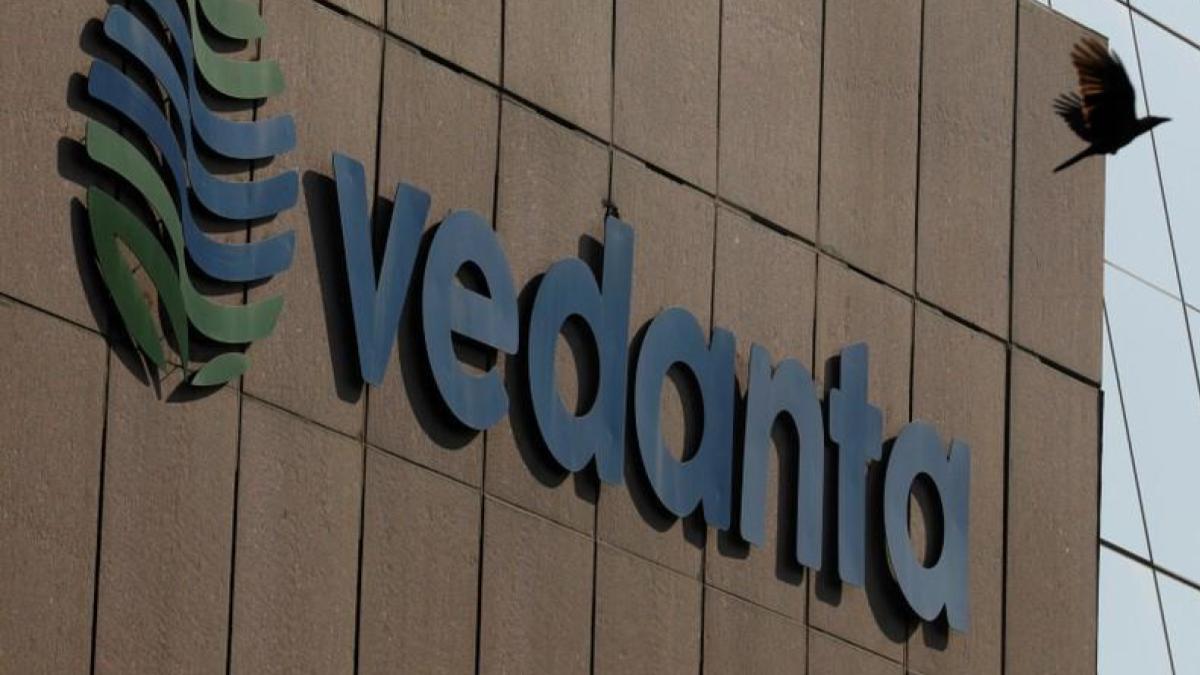By Nuvama Research
Vedanta (VEDL) recently announced a demerger of its existing businesses into six listed entities. This demerger is designed as a straightforward vertical split, where for every one share of VEDL, shareholders will also receive one share in each of the five newly listed companies. We view this demerger, expected to be completed within 12-15 months, as a positive development. It offers investors opportunities to invest in standalone businesses, providing a pure-play approach. However, it’s important to note that this demerger does not address the debt concerns of Vedanta Resources (VRL), the parent company, which still needs to repay $4.2 billion in debt by FY25E.
VEDL is transitioning from a globally diversified natural resources producer to a pure-play asset owner business model. To facilitate this shift, VEDL’s board has given the green light to a demerger plan that will result in the creation of six distinct listed entities. Each of these entities will be dedicated to a specific commodity, providing investors with the opportunity to select and invest in their preferred commodities, thereby unlocking potential value.
A advantage of this demerger is the consolidation of new ventures, such as semiconductors and glass, into a single entity, Vedanta Ltd. This consolidation eliminates any ambiguity associated with owning multiple commodity-focused companies. The demerger process is requires two-thirds approval from minority shareholders, as well as obtaining the necessary approvals from lenders and relevant statutory authorities. The management anticipates that this comprehensive process will conclude within a 12- to 15-month timeframe, likely by the end of CY24.
The abovementioned demerger process does not address parentco VRL’s debt issue. We understand VRL has a debt obligation of $4.2billion—$1.3billion in H2FY24 and $2.9billion in FY25. As this demerger does not improve VEDL’s credit profile, the situation remains the same for VRL—to refinance the debt. VEDL’s cash flows are not sufficient to upstream the dividend to VRL unless it assumes debt on its books.
We perceive Vedanta’s strategic move to demerge its businesses as a positive step in the right direction. However, it’s important to acknowledge that the process of unlocking value through this demerger will likely span at least a year. Consequently, we anticipate that VRL will be able to refinance its debt, thereby increasing its duration, which should alleviate concerns regarding the possibility of a default.
VEDL, on the other hand, will require approximately two years to stabilise its operations. Anticipated growth is expected to materialize from its aluminum business starting in FY25, following the commissioning of its alumina, aluminum, and coal mines. This growth is expected to generate the necessary cash flows to service the debt effectively. Moreover, the company will have the opportunity to either divest a portion of one of its businesses or raise capital by diluting its equity.

